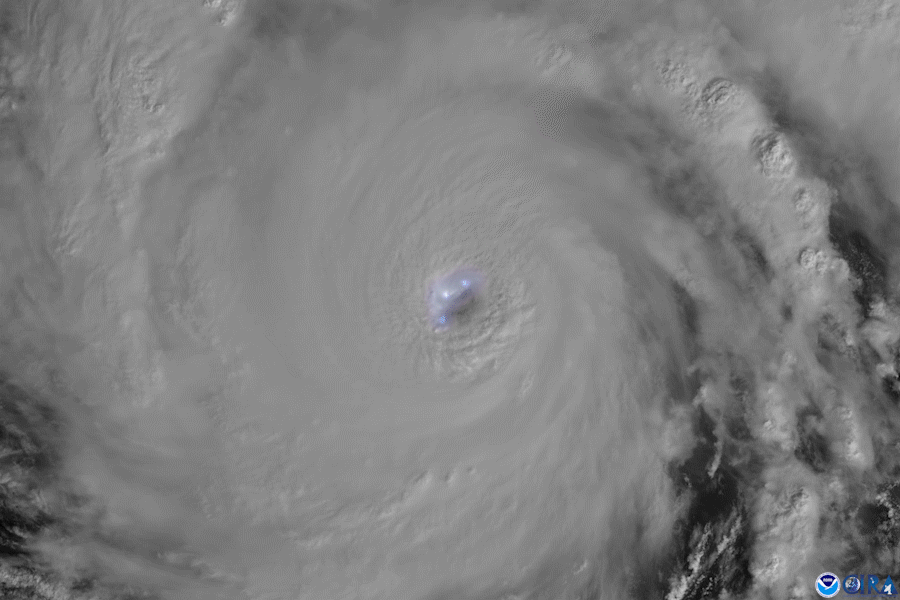Prepare your organization for Atlantic hurricane season

Recent years have not only shown that the east coast is susceptible to the damaging impacts of hurricanes and other tropical systems, but that hurricanes are also not just a coastal threat. The 2021 Atlantic Hurricane Season began on June 1st, and the Federal Emergency Management Agency (FEMA) is encouraging individuals, families, businesses, and communities to begin preparing for hazardous weather that may result from hurricanes and other tropical systems.
“It is not uncommon for residents of the Mid-Atlantic to think hurricanes and tropical systems are unlikely to impact them where they live… but that is not necessarily the case. Tropical weather systems can have severe impacts hundreds of miles inland from the coast. A storm does not need to be a major hurricane to cause damage, and it only takes one to change your life.” said Janice Barlow, FEMA Region 3 Acting Regional Administrator. “Storms as recent as Hurricane Isaias, which impacted parts of Virginia, Maryland, Delaware, and Pennsylvania in August 2020 are proof that residents and business owners in the Mid-Atlantic should take hurricane season seriously and begin preparing today.”
One of the things we learned from the pandemic and last year’s storm and natural disaster season is that many of the tried-and-true protocols don’t work or can’t be enforced during a global health crisis such as COVID-19. Take, for example, evacuation measures during a hurricane, which put those affected in densely populated evacuation shelters, contrary to social distancing measures. In addition, with a global pandemic, workforce shortages, delays in supplies and materials, funding shortfalls or insufficient hospital capacity will also impact emergency response during a natural disaster.
That being said, read our article on Emergency Preparedness and Natural Disaster Planning that gives enterprise security leaders and their organizations tips and advice from the experts on planning for natural disasters amid the COVID-19 pandemic.
Looking for a reprint of this article?
From high-res PDFs to custom plaques, order your copy today!







